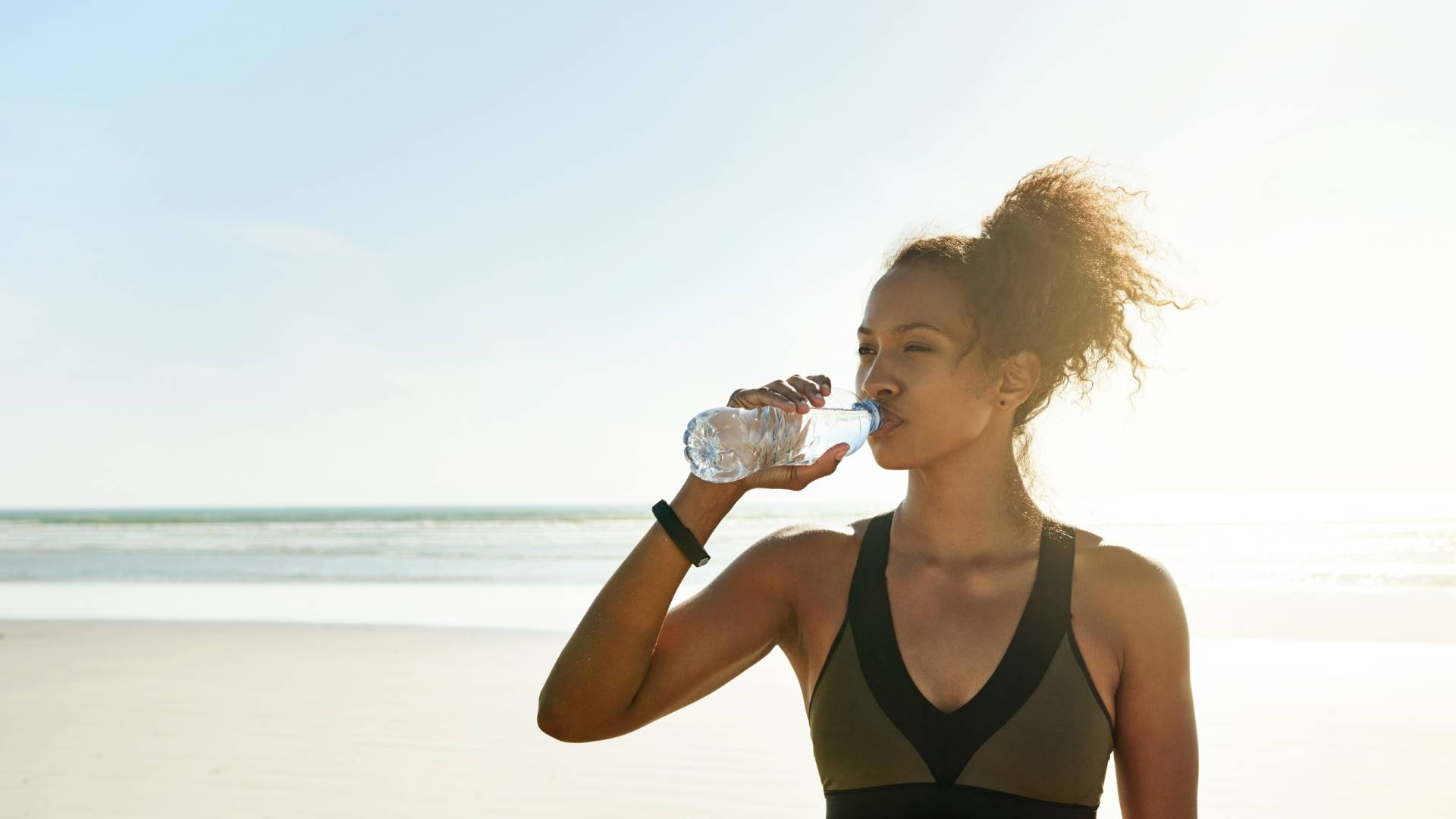Hydration for runners
You will hardly find someone who would question the importance of hydration during the long runs – and not only the long ones. Running means effort and effort means that your body loses energy, liquids, and minerals. The longer the run is, the higher the losses are.
In order to go on with your performance, you must refill. The question that most runners are asking is what are the most effective ways to hydrate their bodies. And as always, there are no clear universal answers as we are all very different from each other. But there are some musts and must-nots, that every runner should be aware of.
4 functions of hydration
There are, in fact, four main functions of hydration.
- Refilling liquids — sweating makes your blood plasma thicker. It is caused by water evaporation through the skin. Refilling yourself with liquids makes plasma thinner bringing it back to normal.
- Cooling down your body — by drinking liquids that are colder than your organism, you keep your body away from overheating. Heat is the number one enemy of runners as it can cause severe performance issues.
- Refilling energy from saccharides — when you’re running, your fuel storage can quickly go down. The quick way to refill your energy is with fluids containing saccharides.
- Refilling minerals — minerals such as sodium or potassium are crucial for our nervous system and the proper functioning of muscles. When running, minerals are either getting consumed or sweat out. Therefore you need to refill them through food or fluids.
Is drinking water effective?
Water is the logical choice for most people. It is cheap, accessible and it is very effective in keeping our blood thin. It flows all over the body and delivers life-important oxygen to muscle cells which are responsible for the production of energy. A high percentage of water in the bloodstream helps to transport all the waste produced in cells to the liver for elimination. In general, a lot of water in the system means better and more effective energy production.
The obvious problem with water is that it fails to refill saccharides and minerals in the bloodstream as it does not contain any. With shorter and lower-intensity training (generally under 1 hour) it is not a big issue. The loss of minerals is minimal and the body manages to get the fuel from its storage. The problem comes with longer and more intense training when water becomes a less efficient hydration tool.
Sports drinks
Sports drinks are a more effective hydration option for higher intensity and longer pieces of training. Not only do they contain saccharides and minerals, refill the liquids and cool down the body. They also improve the ability of your stomach to absorb water and nutrients from it.
During long training, when your body is deprived of minerals, blood flow around your stomach and intestines goes down. At that point, it is very difficult for your stomach to digest or absorb anything. A lot of beginner runners make this mistake. They drink too much water that cannot absorb in the blood and stays in the stomach, making it very difficult to run.

Hypertonic vs Isotonic vs Hypotonic drinks
Based on the concentration of saccharides and minerals, there are 3 types of sports drinks.
The concentration of salt and sugar in hypertonic drinks is higher than in blood plasma. Therefore we don’t advise drinking them during usual training. They have their place in the recovery process after extremely intense training when the body is very deprived. Also, they can be taken during ultra-distance events to meet high energy demands.
Isotonic drinks have a similar concentration of minerals as blood plasma. They are ideal for body rehydration after training. Their concentration of minerals improves the distribution of water in organisms. They are also the preferred choice for most professional athletes during training. During longer training, we sweat a lot. That is why it is a good idea to replace the losses with liquids of similar mineral concentration. They are also very popular in the form of gel,
Hypotonic drinks with concentrations of salt and sugar lower than blood plasma are ideal for refilling during usual training. But again, only in case, the training takes at least 1 hour otherwise water does the same job!
Hydration is one of the areas you want to understand well as a runner. This article offers a basic framework to understand what are the functions of water, saccharides, and minerals in the human body. Remember that water is great for hydration during shorter training. But when you go for longer runs, you may want to consider drinks with some additional nutrients in them. There is plenty of them on the market but they often cost quite a lot. I have made another blog post on how to make your homemade sports drink.
